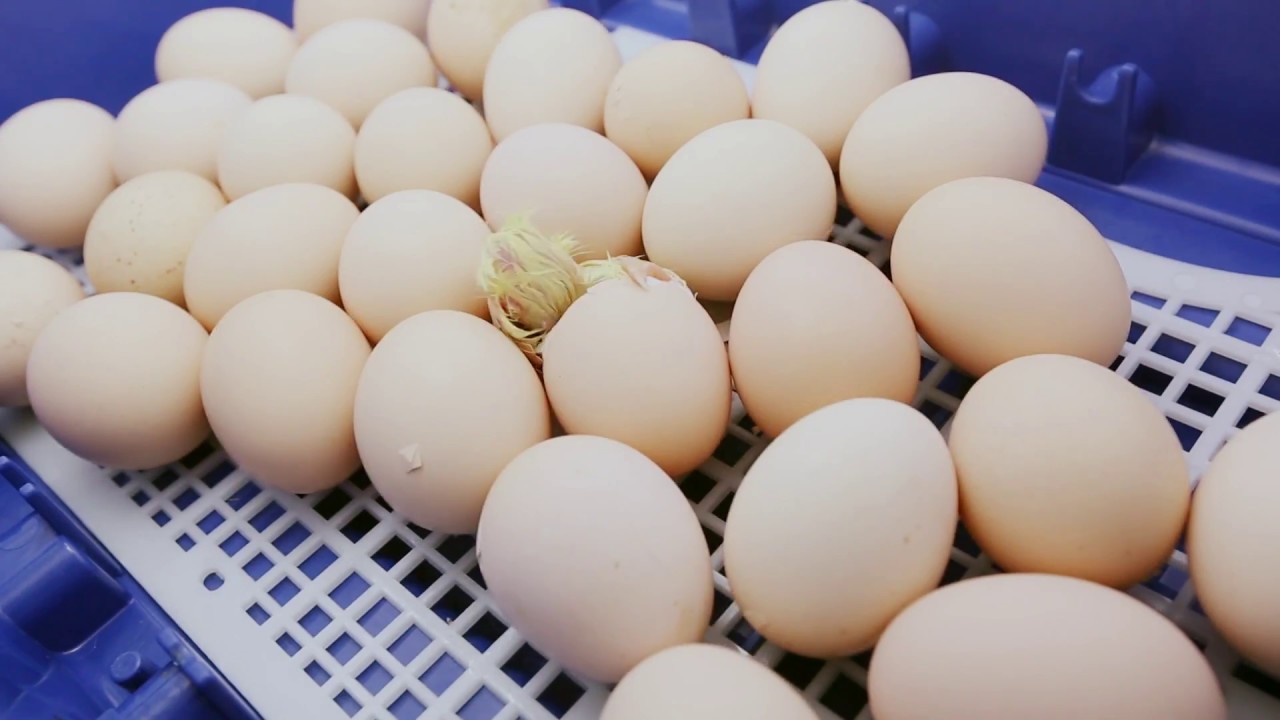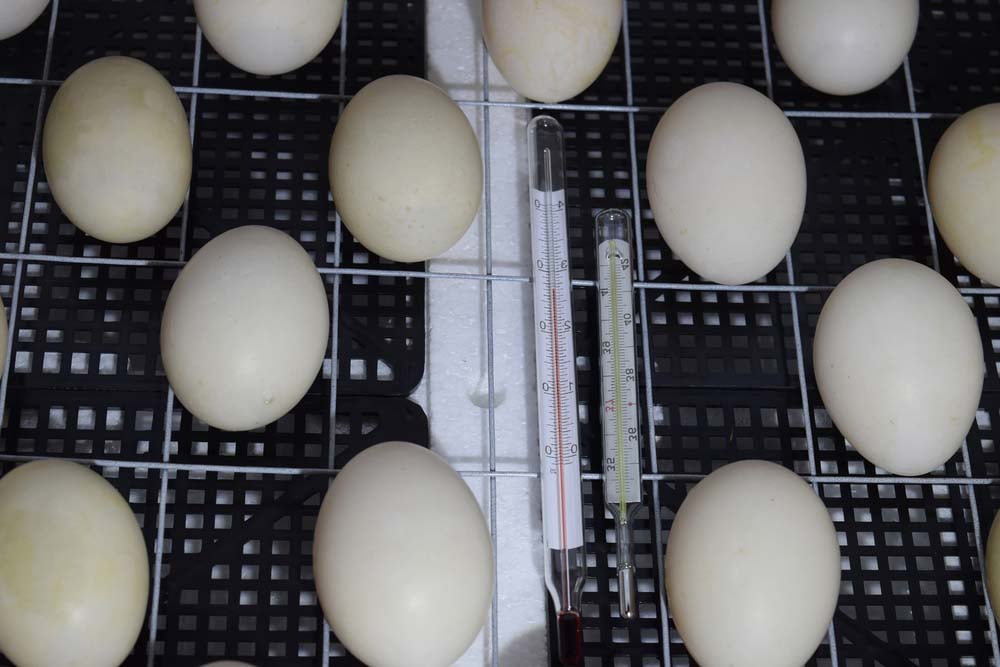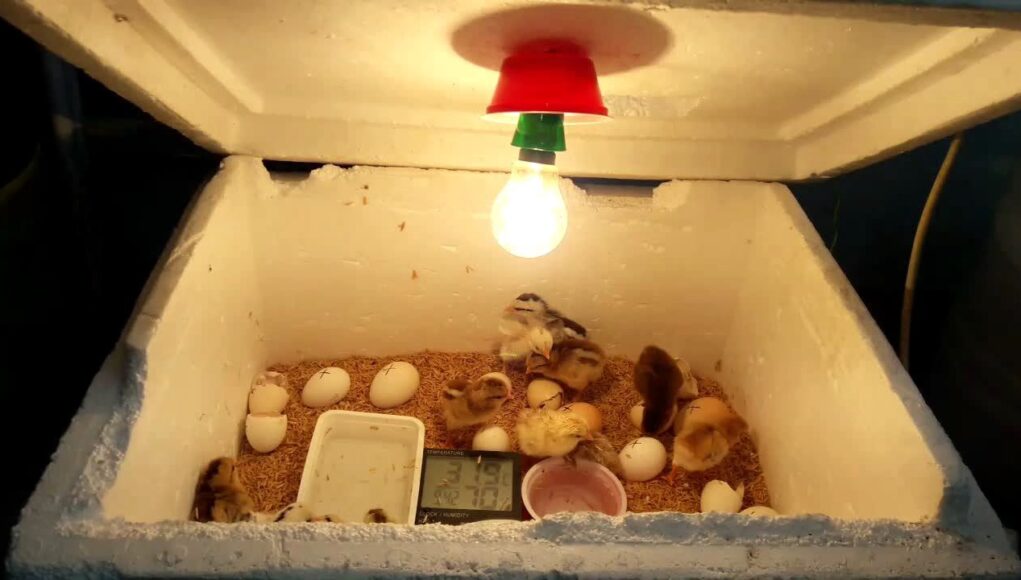Bringing the experience of raising chickens to children can be both educational and fun. Choosing the best small chicken incubator for kids is an essential step in this adventure. A well-suited incubator not only nurtures young chicks but also teaches kids about responsibility and the miracle of life. In this article, we’ll explore everything you need to know about selecting the right incubator, ensuring a successful hatching experience for your young farmers.

Why Choose a Small Incubator?
Small incubators are perfect for beginners, especially children, because they are easy to use and manage. They provide a more intimate and engaging experience, allowing kids to closely monitor the development of the chicks. Furthermore, these incubators are often more affordable and take up less space, making them ideal for home use.
Key Features of a Good Small Incubator
Temperature Control
Temperature is crucial for successful incubation. A good incubator should have reliable and easy-to-use temperature controls. Consistent temperature is vital for the growth of the embryos.
Humidity Management
Maintaining the right humidity levels is essential for the proper development of the chicks. Look for an incubator with a built-in hygrometer or the ability to adjust humidity manually.
Automatic Egg Turning
Automatic egg turning ensures that the eggs are evenly warmed and prevents the embryos from sticking to the shell. This feature is particularly helpful for kids, as it reduces the need for constant supervision.
Visibility
A clear viewing window allows kids to observe the hatching process without disturbing the environment inside the incubator. This feature enhances the learning experience and keeps children engaged.
Top 5 Small Incubators for Kids
1. Brinsea Mini II Eco
The Brinsea Mini II Eco is an excellent choice for kids. It’s user-friendly, with clear instructions and reliable temperature control. The transparent lid provides a great view of the eggs.
2. Magicfly Digital Mini
The Magicfly Digital Mini is compact and fully automatic, making it perfect for young users. It features an easy-to-read digital display and automatic egg turning.
3. HBlife Fully Automatic
This incubator offers automatic temperature and humidity control, as well as egg turning. It’s ideal for kids who want a more hands-off experience.
4. Farm Innovators Model 2150
This model is affordable and straightforward to use, with a built-in fan for air circulation. It’s a great starter incubator for children.
5. Kebonnixs 12 Egg Incubator
The Kebonnixs model is designed with beginners in mind, offering a clear display and automatic egg turning. It’s the perfect balance of simplicity and functionality.
Setting Up the Incubator
Once you’ve chosen the best small chicken incubator for kids, setting it up correctly is the next step. Place the incubator in a stable environment with a consistent temperature. Follow the manufacturer’s instructions carefully to ensure optimal conditions for hatching.
Monitoring the Incubation Process
Teach kids to regularly check the incubator’s temperature and humidity. Encourage them to observe the eggs and note any changes. This hands-on experience can spark a lifelong interest in animal care and science.
Understanding the Hatching Timeline
Typically, chicken eggs take about 21 days to hatch. During this time, kids can learn about the different stages of development and the factors that influence successful hatching. For more detailed information on the hatching process, check out this guide to hatching eggs at home.
Dealing with Common Issues
Even with the best incubator, problems can arise. Teach kids how to troubleshoot common issues like temperature fluctuations or humidity imbalances. This not only helps ensure a successful hatch but also builds problem-solving skills.
Introducing Chicks to Their New Environment
After the chicks hatch, it’s time to introduce them to their new environment. Provide a warm, safe space with appropriate food and water. Encourage kids to handle the chicks gently and care for them responsibly.
Learning Opportunities
The process of hatching eggs offers numerous educational opportunities. Kids can learn about biology, animal behavior, and the importance of caring for living creatures. This experience can inspire a deeper appreciation for nature and farming.
Incorporating Technology
Incorporating technology, such as cameras or apps, can enhance the learning experience. Kids can monitor the incubation process remotely and even share their progress with friends and family.
Safety Considerations
While incubating eggs is generally safe, it’s important to supervise children and ensure they follow safety guidelines. Teach them to handle equipment carefully and maintain a clean environment.
Encouraging Responsibility
Caring for eggs and chicks teaches kids about responsibility. They learn the importance of regular monitoring and the impact of their actions on the development of the chicks.
Fun Activities and Projects
Engage kids with fun activities and projects related to incubation and chick care. Create a journal to document the process, or build a small coop as a family project.
Connecting with the Farming Community
Encourage kids to connect with the local farming community. This can provide additional resources, support, and inspiration as they embark on their poultry farming journey.
Conclusion
Choosing the best small chicken incubator for kids can be the start of a rewarding adventure in learning and responsibility. By nurturing young farmers’ interest in poultry, we can inspire a new generation to appreciate and care for animals. Remember to check out this Beginners Guide to Egg Incubation for more information.

FAQ
What is the ideal temperature for incubating chicken eggs?
The ideal temperature for incubating chicken eggs is around 99.5F (37.5C). It’s crucial to maintain a consistent temperature for successful hatching.
How can I ensure proper humidity levels in the incubator?
Most incubators come with a hygrometer to monitor humidity. Aim for 40-50% humidity for the first 18 days, then increase it to 65-75% for the final days.
How often should eggs be turned during incubation?
Eggs should be turned at least three times a day to prevent the embryo from sticking to the shell. Automatic incubators handle this task, making it easier for kids.
This article contains affiliate links. We may earn a commission at no extra cost to you.











